https://www.girlsgonestrong.com/
I was wearing booty shorts and a T-shirt, cooking dinner for my then-boyfriend, and I could feel him staring at me from behind. Part of me—the part that was desperate for his approval—lit up with the thought, “He must be admiring me.”
The corners of my mouth bashfully rose; for more than three years we’d shared a tumultuous relationship, during which I’d often allowed myself to take on the unfortunate role of the victim. So naturally, on the rare occasion when he said or did something amorous, I felt instantly validated.
Fulfilled. Worthy.
Then, he spoke, and not-so surprisingly, my heart sank into the darkest depths of my waning sense of worthiness.
“I’ve never seen someone gain body fat so quickly,” he said.
To him, it was simply a careless observation, but to me, it was absolutely everything. I felt scorned, belittled, and as a result, ashamed. Why couldn’t I just stay super lean all of the time so that I could have his attention and affection? Why was it so hard for me to keep my body fat under control?
Of course, I look back and wonder, “What was going on within me that I allowed my body fat, or another person’s opinion of it, to dictate my worth?”
 That reflection, of course, comes after many years of healing and introspection. During those years, I not only set out to heal my body image, but to forgive myself for being in a relationship that challenged my worthiness. Forgiving myself, after all, was just as important to my process as forgiving him.
That reflection, of course, comes after many years of healing and introspection. During those years, I not only set out to heal my body image, but to forgive myself for being in a relationship that challenged my worthiness. Forgiving myself, after all, was just as important to my process as forgiving him.
It’s from those years of reflection, growth, and forgiveness that I’ve come to a place in my life where I can confidently say that my body fat doesn’t define me; I am more than my body, more than a number.
On this most auspicious road to body acceptance, we’ll each have a unique experience. Every one of us has our own wounds, our own reasons for losing ownership of our worthiness. But there are, as you might imagine, many similarities on this journey that connect us. There are some universal truths that, if  we learn to trust in and commit to them, will bring us immeasurable peace and clarity.
we learn to trust in and commit to them, will bring us immeasurable peace and clarity.
In the last few years, I’ve had the extreme pleasure of fully regaining my worthiness and completely detaching it from my physique. A number of these universal truths contributed to that process.
I want to share five mindset shifts that helped me in my process, and that you might find helpful as well, whether you’ve just begun your journey to body acceptance, or you’re well on the way.
1. I asked myself what I actually wanted.
During the three years in which I hustled for my worthiness via my body fat percentage, I never once stopped to ask myself why I was obsessively counting calories. I never once stopped to introspect why I was stressed out over my training sessions, and how I could possibly think that weighing and measuring my tomato sauce and perpetually going to bed hungry were sane behaviors.
If I had asked myself this question, I would have come to the stark realization that I wasn’t doing it for myself—or not for the true benefit of my sense of self, anyway.
But I didn’t ask, and so I was completely oblivious to the impetus for this quest and the intention behind my actions. When I stopped to ask myself what I wanted, I quickly learned that my desires weren’t aligned with my actions.
I had worked so hard for so long to be so lean, and all the while I was doing it because I thought it was required of me—for validation, success, and worthiness. I didn’t even need or want to be 12 percent body fat—I just wanted to feel good inside my own body.
When I finally had the courage to ask myself what I really wanted—connection, belonging, balance, adventure, meaning—I found that I was ready to stop the cycle of obsessive dieting and exercising, and start cultivating a life of my own design.
2. I stopped obsessively counting and logging my food.
For about three years, I counted every single calorie I consumed—that is, when I wasn’t losing control and binging, due to the restrictive nature of my diet.
I counted everything down to the tablespoons of tomato sauce that I added to my meal, and kept a strict log of my daily caloric allotment of 1,500 calories. If I was under 1,500, I was good and worthy; if I went over, I was weak and undisciplined. The first step in reclaiming my worthiness and detaching it from my physique was to stop counting and logging my food.
This wasn’t an easy task.
 In fact, I had to completely shift my perspective when it came to food. Rather than eat according to the number, I began to listen more to my body and its needs, thus requiring a lot of personal responsibility and intuition. Because I no longer had the control that calorie counting provided, I actually had to operate from a place of trust—trust in my body, trust in my choices, and trust in the process.
In fact, I had to completely shift my perspective when it came to food. Rather than eat according to the number, I began to listen more to my body and its needs, thus requiring a lot of personal responsibility and intuition. Because I no longer had the control that calorie counting provided, I actually had to operate from a place of trust—trust in my body, trust in my choices, and trust in the process.
After three years of counting calories, I had gotten pretty good at eyeing portions. I just needed to trust myself and relax into the process. At first, it was scary as hell, but in time I learned to view food as more than just numbers, more than simply sustenance.
Bereft of my long-held obsessive eating behaviors, I found more freedom in food, and with that freedom I began to reclaim my worthiness.
3. I stopped comparing myself to other women.
From friends, to coworkers, to images on social media, opportunities for comparison are everywhere.
These opportunities, however, are not advantageous. In fact, they’re deceptively poisonous. When we compare our parts to her parts, our body to her body, our success to her success, we do so obsessively and unhealthily, to everyone’s detriment. We might see a girl at the gym who we think has the perfect body, or obsess over Instagram models who appear to have zero cellulite. Comparison isn’t admiration or adulation—it’s destructive and toxic.
We’ve all done it. Many of us are stifled by comparison, and have been our entire lives.
It’s socially ingrained in us to compare, which makes it an incredibly difficult habit to break. We compare our bodies, our careers, even our children—and all the while we might be completely unaware of how deeply this comparison is damaging our self-worth and our relationships.
If we continue to compare ourselves to other women, who we are and what we have will never be enough.
The bigger problem with comparison, however, isn’t just that it hurts our perception of ourselves, it’s that it’s actually counterproductive to connection and sisterhood. When we compare ourselves to others, we aren’t appreciating them—we’re challenging our own worthiness.
 We’re also harboring negative feelings about why we don’t look like them, and those feelings often end up reverberating off of the women against whom we’re comparing ourselves. This breeds resentment, jealousy, and disconnection.
We’re also harboring negative feelings about why we don’t look like them, and those feelings often end up reverberating off of the women against whom we’re comparing ourselves. This breeds resentment, jealousy, and disconnection.
When we compare what we have to what someone else has, we rarely see the full picture. We might think someone “has it all” and lust after their figure or their looks, but we don’t know about the darkness that they might have to battle each day, the struggles that they must overcome. We don’t have to fight their demons. Not to mention, we don’t have their genetics, which plays a huge role in the way our bodies develop.
This tendency to compare has painful consequences when it comes to how we show up in the world. We wind up placing much of our focus on someone else’s world, rather than being fully present in our own. Inevitably, we miss out on the opportunity to live in the moment.
Comparison steals gratitude.
If we’re constantly comparing ourselves to other women, we simply aren’t creating space for gratitude, because rather than celebrate what makes us special, we focus on what we think makes us less than whole.
When I learned, after much practice, exploration, and meditation, to stop comparing myself to other women, I regained an enormity of worthiness. I began to look at what I had, rather than what I didn’t, and what made me uniquely powerful.
4. I channeled my energy into things that made me feel powerful.
My physique had been my main focus for so long that I was actually pretty sick of myself. I was sick of my obsessive eating behaviors, my rigid training program, the pressure I put on myself, and the way I had alienated myself from my friends because of these behaviors. I was sick of hearing myself talk about my body.
So I decided, instead, to direct my energy toward things that made me feel powerful—things that I hadn’t tied in so intimately with my worthiness.
I started blogging, which was incredibly therapeutic, given that I had always had an affinity for writing. I focused on specific strength goals like weighted pull-ups and heavy deadlifts. I prioritized education and networking in an effort to expand my career.
Through these activities I harnessed my energy in ways that made me feel accomplished, instead of ways that broke me down. These activities made me realize how much more I had to offer the world.
Today, I use this sense of empowerment to create programs and possibilities for other women to heal their body image, reclaim their worthiness, and stand in their power. I’ve been been using my online platform for more than six years now to spread my message of body love and empowerment all over the world. This is so much more meaningful to me than a number on the scale could ever be.
5. I surrounded myself with powerful, supportive women.
Jim Rohn famously penned that we’re “the average of the five people we spend the most time with.” If we’re working toward reclaiming our worthiness, letting go of obsessive habits, and stepping into our power, that sentiment couldn’t be closer to the truth.
 As women on the precipice of owning our power, we need to spend time with people, especially other women, who wholeheartedly support that intention. If we want to heal and grow, it’s important that the women in our circle inspire us, recharge us, and hold us compassionately accountable; it’s imperative that we’re received with empathy and encouraged to shine. We absolutely need that powerful feminine energy.
As women on the precipice of owning our power, we need to spend time with people, especially other women, who wholeheartedly support that intention. If we want to heal and grow, it’s important that the women in our circle inspire us, recharge us, and hold us compassionately accountable; it’s imperative that we’re received with empathy and encouraged to shine. We absolutely need that powerful feminine energy.
When I began to foster connections with powerful women, it helped reinforce my ability to stand in my own power—and as a result, I am now called to be that energy in the lives of other women on this journey.
These mindset shifts have been integral in my ability to heal from severe body image issues, and have helped me to own my worthiness and stand fully in my power. It’s my sincerest hope that should you or any woman you know be mired by this same darkness—this incessant, obsessive desire to mold your body in exchange for love or belonging—these words will bring you some comfort.
Beyond comfort, I hope you know that you’re not alone, and that healing is possible. It won’t be swift or without effort, but it will be liberating, empowering, and sustainable.
What’s Next?
Need a little help feeling more comfortable in your skin? We can help! Keep reading…

FREE Love Your Body 7-Day Challenge Guide
Enter your email address below to download now!
The post You Are More Than Your Body (Fat) appeared first on Girls Gone Strong.

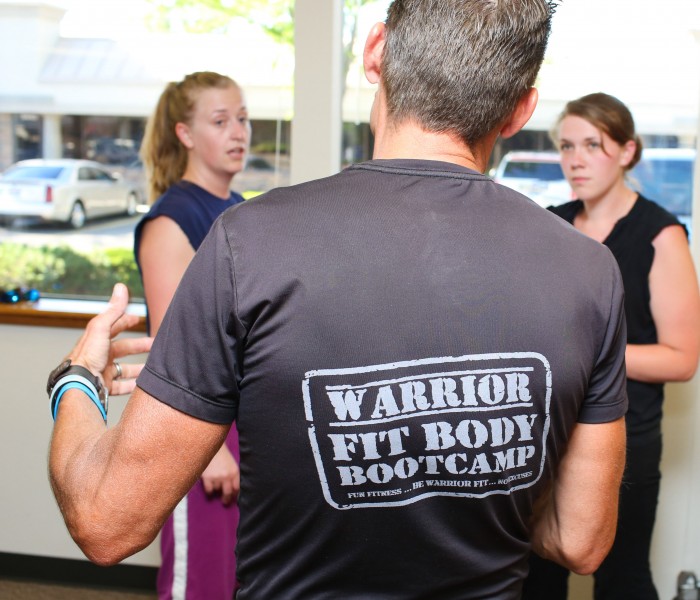
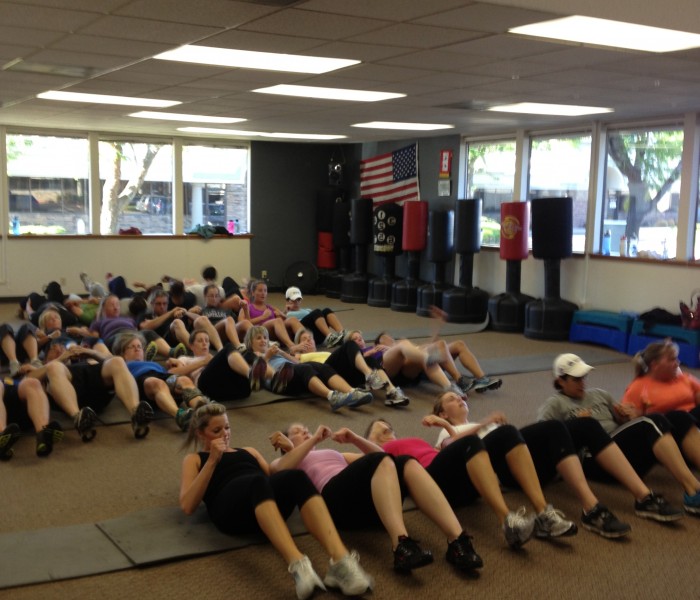
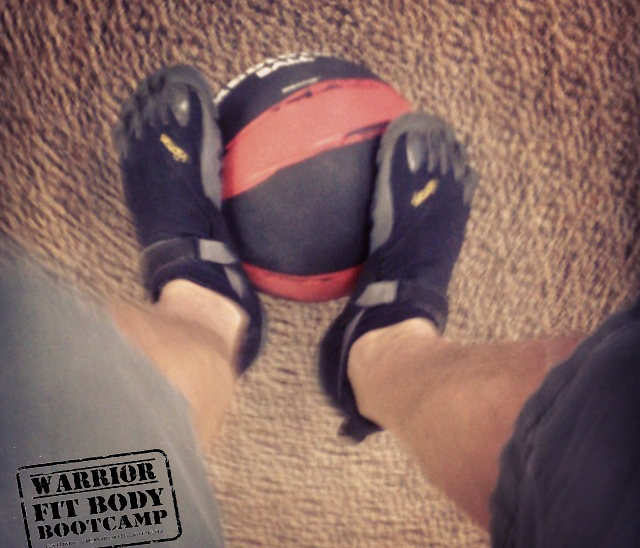

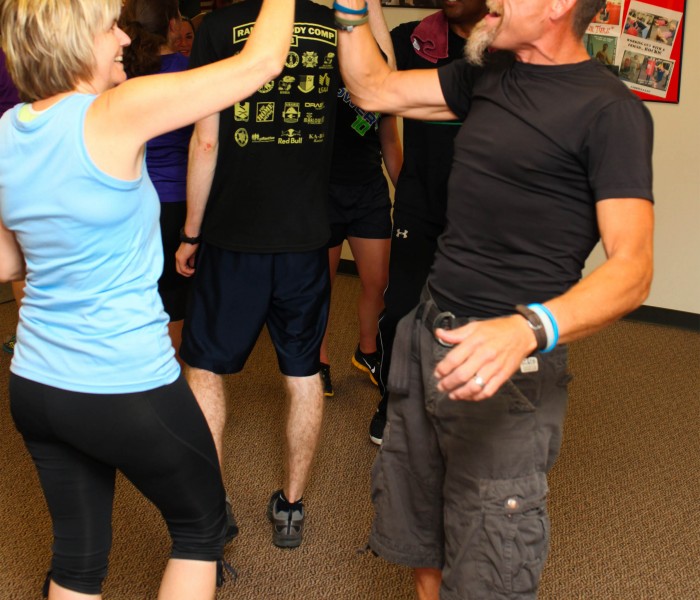
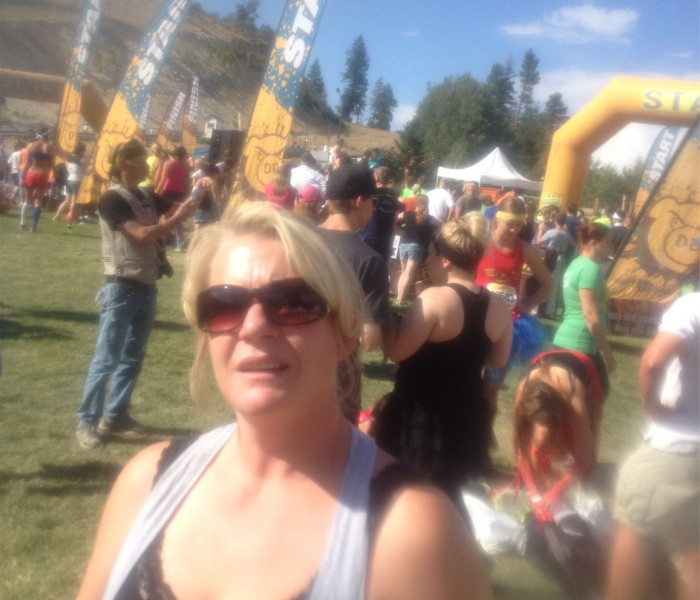
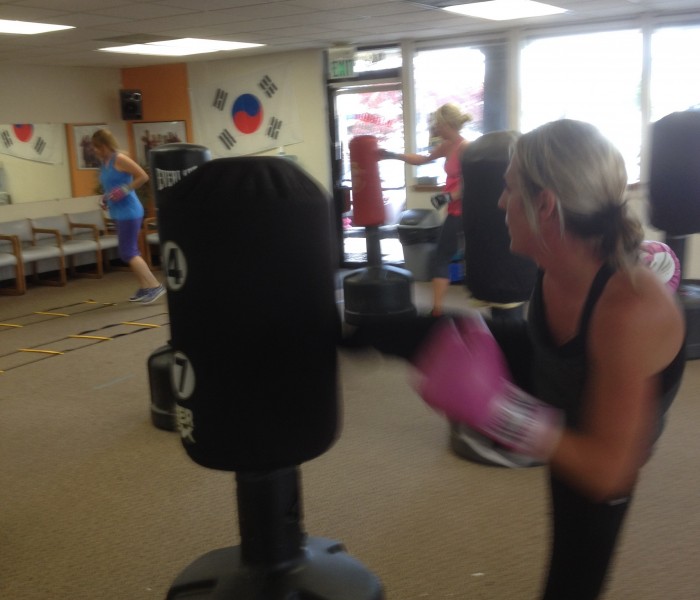






















 For now classes are 6pm and 640pm at 2840 Wildwood st in the Boise Cloggers studio.
Book your class NOW!
click this ==>
For now classes are 6pm and 640pm at 2840 Wildwood st in the Boise Cloggers studio.
Book your class NOW!
click this ==>








